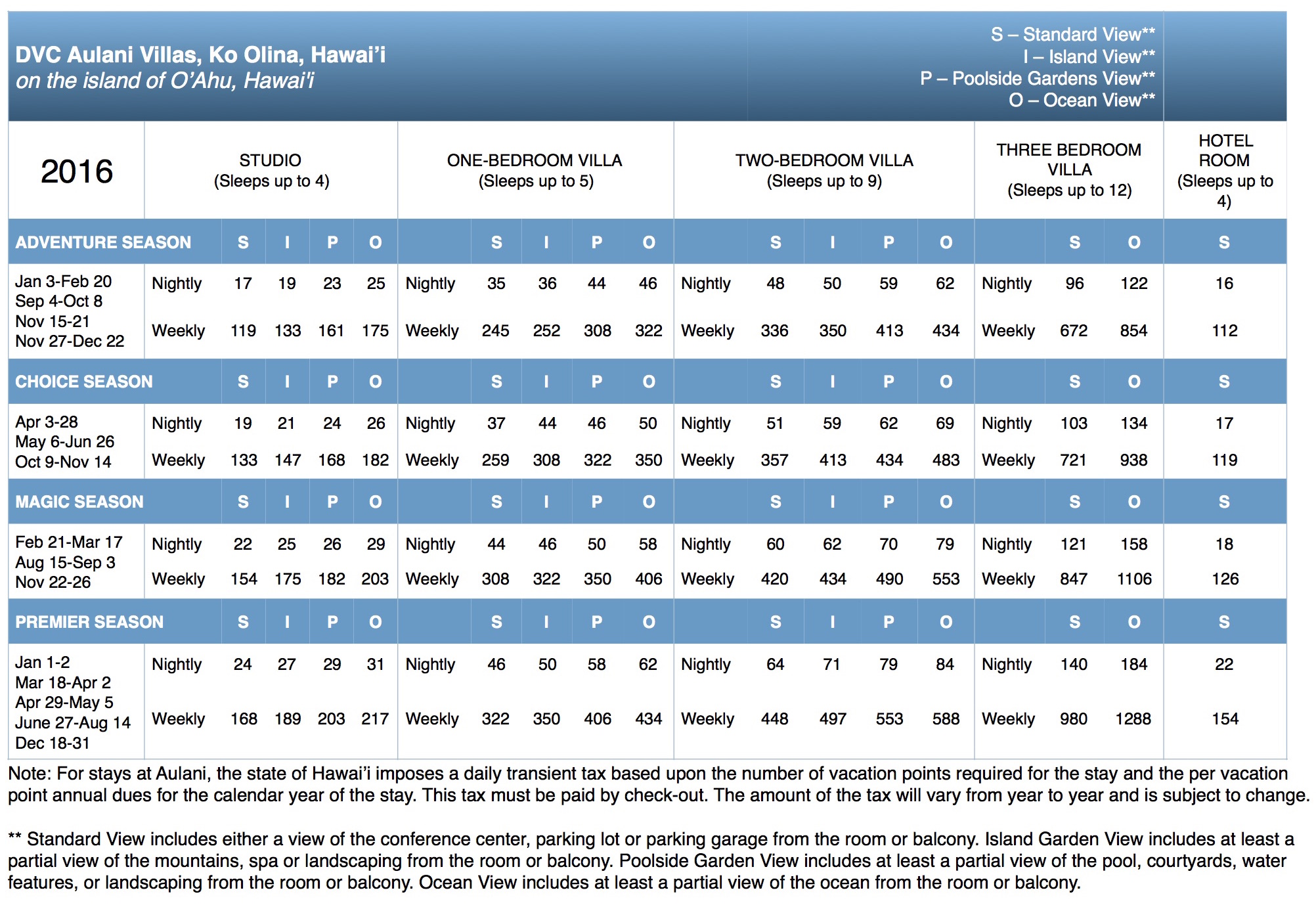In keeping with this convention, through the rest of this course I generally describe timeshare intervals as "timeshare weeks" or "weeks". In addition to the purchase price, timeshare owners also pay a yearly cost for property upkeep and management. The majority of timeshare jobs also book one or 2 one weeks usage of each unit for maintenance and repairs. Historically, lots of timeshare designers have utilized high-pressure and deceptive sales methods, with misleading and inaccurate portrayals of what buyers could get out of their timeshare ownership. The timeshare industry has also had its share of unethical and dishonest resort developers and operators. Consequently, timesharing has a bad reputation with lots of individuals. Exchange worth. Exchange worth is the capability of a timeshare week to exchange for another timeshare week. Some weeks are more valuable and desirable than others. If you want to frequently use your week for exchanging, you need to be knowledgeable about the exchange worth of the weeks you desire to obtain and make sure that you purchase a week that will have the required worth to finish these exchanges. Generally, exchanges are completed using weeks of equivalent value. If the week you own is a lower value week than the areas you want to exchange into, you require to understand this and prepare your exchanges accordingly.
To be able to prepare your exchanges, you need to able to forecast reasonably well the exchange worth of your week. The highest exchange value predictability accompanies a points program. In a points program you understand exactly what your exchange value is in points, and the number of points are needed to finish exchanges to other resorts in which you are interested. Most vacation clubs also have a high degree of predictability, a minimum of for exchanges finished within the club. With fixed weeks, the usage period is the same every year. Thus, the part of exchange worth that is associated with the season will normally be the same from year to year; some variations in this can take place, though, if the week occasionally includes a major holiday.
With drifting weeks, the exchange worth will depend upon the need for the week that you receive to transfer into your account. As described in Lesson 3, in numerous https://simonfkuj416.shutterfly.com/65 drifting week resorts owners might have little or no ability to choose the week that assigned to them for exchanging. How far in advance of usage you can transfer a week. With repaired weeks, the usage dates are Go to the website fixed and understood. Therefore, you can normally transfer set weeks with exchange companies as far ahead of time as an exchange business will allow (typically two years). In contrast, with drifting weeks, you typically can't deposit weeks earlier than the resort will enable reservations to be made.

Therefore, repaired weeks allow you to carry out longer variety trip preparation. Capability to split a week. Many points systems will enable you to reserve units for less than one week. Home page Some drifting week resorts and getaway clubs will also enable you to divide your usage right into separate weekend and weekday durations. Fixed week resorts normally have no provisions for splitting a week. Frequency of timeshare use. how to get rid of my timeshare. A lot of timeshare programs are based on yearly usage of the timeshare. If your holiday schedule or choices are such that you would not utilize a timeshare every year, you ought to purchase an unit in a program that accommodates this circumstance.
3 Easy Facts About What Is A Timeshare Resort Explained
As the name suggests, with an EOY ownership your usage right occurs every other year. Purchase expenses for such an unit are likewise less. Annual fees for an EOY are normally handled in one of two ways: 1) you pay a full annual charge, however just for the year for which you have an usage right; or 2) you share of a full cost every year. Points programs likewise work well if you don't holiday each year, considering that the points will generally rollover to the next year if you do not utilize them. Some holiday clubs will likewise enable you to rollover a holiday usage into the next year.
With a deeded residential or commercial property, you belong owner of the home; if the residential or commercial property manager ends up being defunct, you will still own your share of the home. On the other hand, when the operator of a right-to-use property ends up being defunct, your only claim on the residential or commercial property is as one of lots of other financial institutions. Also, in a deeded residential or commercial property, the homeowners association can usually change the resort manager if they select. In a right-to-use home, the owner and operator are usually the very same entity or are closely related entities (what does a foreclosure cover on a timeshare). You must also consider the years of usage staying on a right-to-use agreement, particularly as it compares to your long-range trip plans.
If you only plan to getaway for about 10 years, purchase of a right-to-use with about 10 years of remaining life might be rather useful and cost-effective. In a lockout unit, the layout of the unit allows the unit to be divided into two subunits, each of which can be inhabited individually. Typically, a two-bedroom lockout unit usually splits into a hotel system and a one-bedroom system. The lockout feature considerably increases your versatility in using the unit. For example, one year you might occupy the system as a complete two-bedroom system. Another year, if there were less individuals in your celebration, you might choose to occupy just the one-bedroom portion and deposit the hotel system with an exchange business - what is a timeshare in quickbooks.
